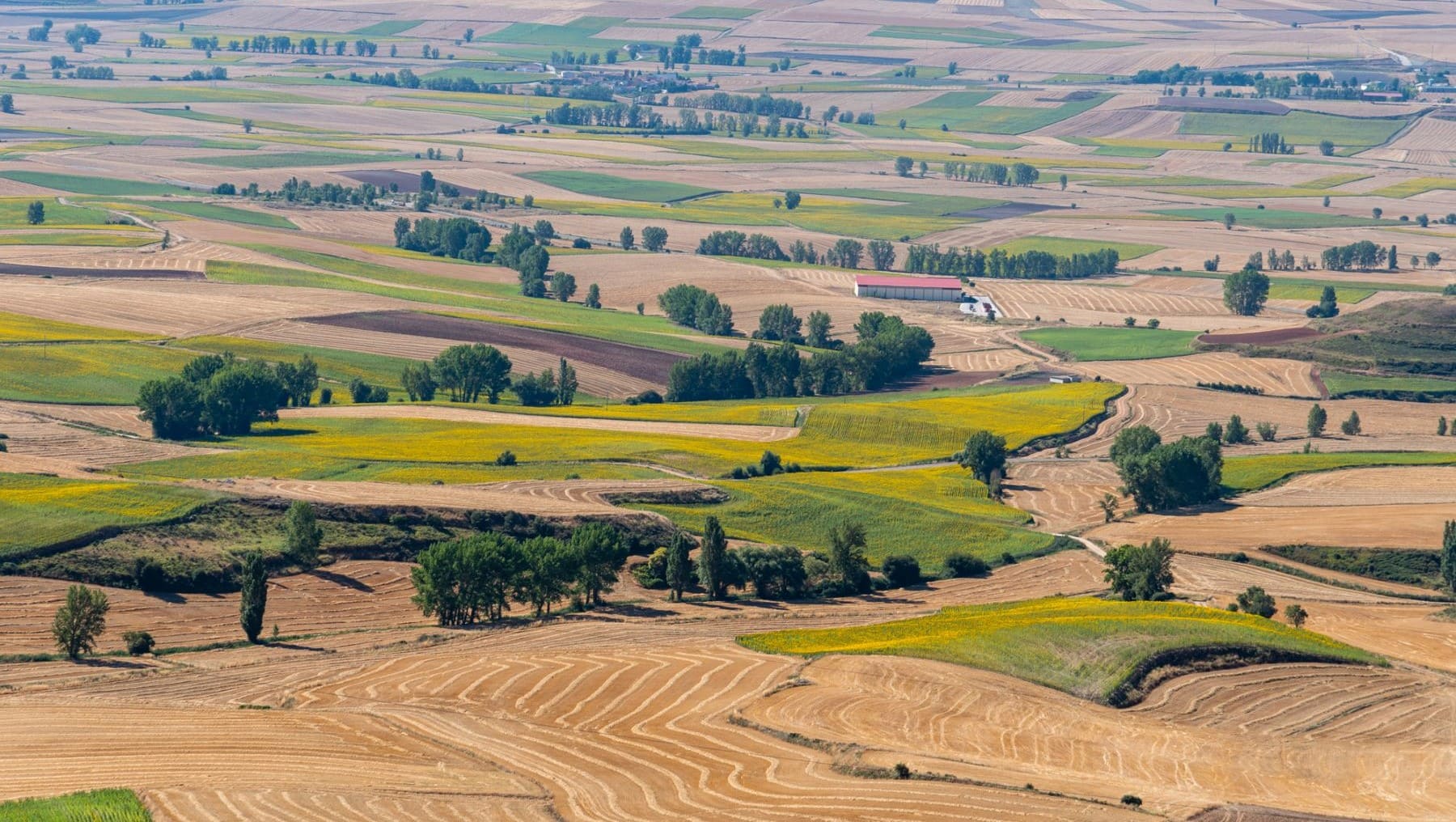And eco-regime is a voluntary practice for farmers. The purpose of these should be to boost environmental and climate performance that is related to the CAP and, consequently, they should be designed to go beyond the mandatory requirements that are already prescribed by the conditionality system.
These eco-regimes are practices that encourage production to be carried out on more environmentally friendly farms. And although they are optional commitments for farmers, people who request this aid will be remunerated, in order to achieve their objectives.
Eco-regimes of woody crops and biodiversity spaces
The Government of Castilla-La Mancha has informed the professional agricultural organizations and agri-food cooperatives in the region about the flexibility regarding the eco-regimes of woody crops and biodiversity spaces that will be carried out in the 2025 campaign.


This was explained by the Deputy Minister of the Common Agrarian Policy and Agro-Environmental Policy, Gracia Canales Duque, the General Director of Agriculture and Livestock, Jesús Fernández, and the Secretary General of the Ministry, Elena Pérez Payo, in the last meeting of the Commission of Monitoring of the CAP Strategic Plan (PEPAC) recently held with the participation of representatives of ASAJA, UPA, COAG and Cooperatives Agro-food to make an assessment of the second year of application of PEPAC 23-27.
The deputy minister explained that the relaxation of the eco-regime that affects woody crops will consist of eliminating the obligation that in summer the vegetation cover be maintained at 20 percent of the free width of the crowns, “something very important for Castilla-La Mancha by cIssues relating to environmental conditions and drought”.
Regarding the eco-regime of biodiversity spaces, “the request that Castilla-La Mancha has been making is accepted that the seven percent that should be left for these spaces It can be anywhere on the farm, not on adjacent plots”, explained Canales Duque.
As regards the economic objective and income supplement of PEPACthe deputy minister highlighted that “this CAP has been beneficial because farmers and ranchers are earning more than in the previous period.” Along these lines, he recalled that, as announced by the Minister of Agriculture, Livestock and Rural Development, Julián Martínez Lizán, on December 23, farmers and ranchers have received a total of 730.5 in their accounts at the end of 2024. million in direct aid from the CAP 2023 and the 70 percent advance and the balance from the CAP 2024.
Finally, the Ministry team has highlighted that the creation of the PEPAC Monitoring Committee “is a commitment of the Government of Emiliano García-Page that was launched a few days after announcing it, and that meets periodically to analyze the development of the Common Agrarian Policy in our region and give room in its management for all professional agricultural organizations and agri-food cooperatives”.

